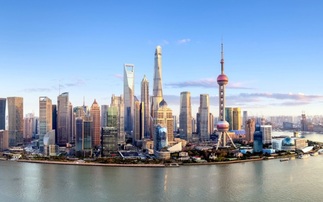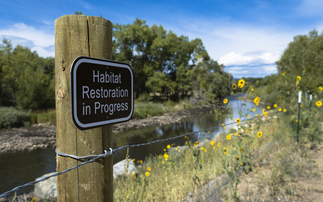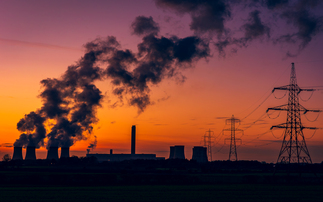VIDEO: James Murray chats to Woodland Trust CEO Darren Moorcroft, CISL's Dr Gemma Cranston, and Tetra Pak's Charles Brand about the need to scale nature protection and restoration projects to reach net zero
Nature isn't often associated with innovation. Yet it is an area where new approaches are urgently needed in order to build a net zero emission economy.
There is, after all, no path to net zero that doesn't involve an expansion in nature, which is essential even before considering added benefits such as improved flood resilience, better soil and air quality, and of course reduced pandemic risks.
But what are so-called 'nature-based solutions'? How effective are they are drawing down CO2 and boosting nature's resilience? And how can the UK scale up efforts and market measures to support the restoration and protection of forests, peatland, mangroves and biodiversity?
Drilling down into these issues in more depth at BusinessGreen's recent Net Zero Festival, editor in chief James Murray spoke to figures at several organisations at the forefront of scaling natural carbon capture efforts: Woodland Trust CEO Darren Moorcroft; Dr Gemma Cranston, director for business and nature at the Cambridge Institute for Sustainability Leadership (CISL); and Charles Brand, Tetra Pak president for Europe and Central Asia.
The discussion - which touches on the challenges, opportunities, investment and policies associated with nature-based solutions - is available to watch again in full above.
All of the panel debates, keynote speeches, and presentations from the world's first Net Zero Festival - which took place over three days from 30 September featuring hundreds of top speakers from business, politics and academia - are now available to watch again on demand through the Net Zero Festival website.
Woodland Trust is a partner of the Net Zero Festival.









